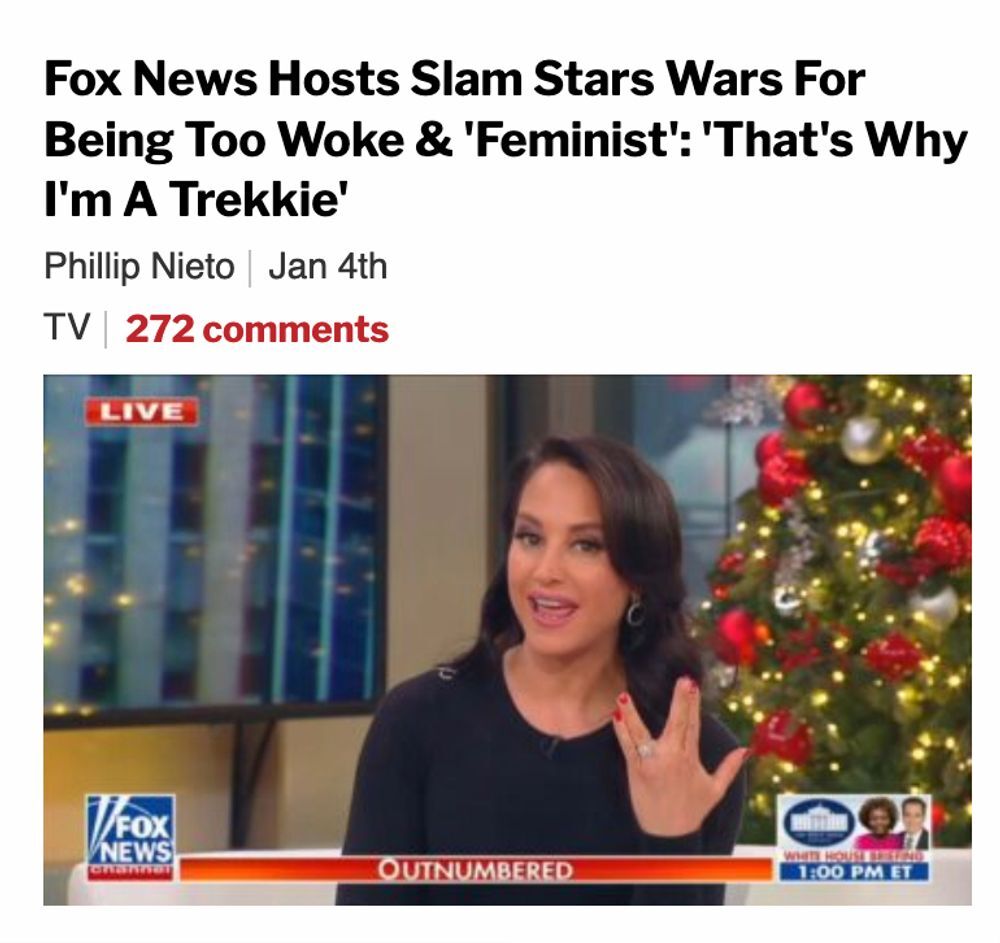this post was submitted on 04 Jan 2024
1079 points (100.0% liked)
196
17057 readers
728 users here now
Be sure to follow the rule before you head out.
Rule: You must post before you leave.
Other rules
Behavior rules:
- No bigotry (transphobia, racism, etc…)
- No genocide denial
- No support for authoritarian behaviour (incl. Tankies)
- No namecalling
- Accounts from lemmygrad.ml, threads.net, or hexbear.net are held to higher standards
- Other things seen as cleary bad
Posting rules:
- No AI generated content (DALL-E etc…)
- No advertisements
- No gore / violence
- Mutual aid posts require verification from the mods first
NSFW: NSFW content is permitted but it must be tagged and have content warnings. Anything that doesn't adhere to this will be removed. Content warnings should be added like: [penis], [explicit description of sex]. Non-sexualized breasts of any gender are not considered inappropriate and therefore do not need to be blurred/tagged.
If you have any questions, feel free to contact us on our matrix channel or email.
Other 196's:
founded 2 years ago
MODERATORS
you are viewing a single comment's thread
view the rest of the comments
view the rest of the comments

Disney bad. Star Wars is Disney. Star Wars woke. Star Trek not Disney. Star Trek not woke. Star Trek good.
Star Trek first interacial kiss on screen. Star Trek early with minorities in major roles without calling attention to it.
First black/white kiss. There was an earlier white/Asian kiss.
Asians aren't people! /S
Although, tbf in the US, because of slavery(then segregation). Black/White race relations trends to overshadow everything else.
Interestingly, the first interracial kiss also featured William Shatner, when he kissed France Nuyen on the Ed Sullivan Show.
Doesn't count because Asians are "good" minorities. /s
George Takei might not agree since he was kept in a camp as a child.
I’m not trying to undermine the idea that Star Trek was progressive for its time, far from it, but since no one else has pointed this out, I thought I’d say it. Star Trek was NOT the first interracial kiss on television. In fact, the actors’ lips never touched in the shot.
Well, sort of. I’ve been reading William Shatner’s autobiography, and they had to fight really hard to include an interracial kiss. The network was going to forbid it, telling Rodenberry that televisions across the South would rather black out their televisions for an hour than allow something so highly offensive. When he insisted upon it, they kept making concessions Rodenberry wouldn’t agree to, like instead having Uhura kiss Spock, since it there would be a little more disconnect between reality. Eventually, Rodenberry offered to film the kiss both ways—one way with their lips actually touching, the other with Uhura’s back to the camera as they embraced, giving the illusion that they kissed without their lips ever touching. The actors were really upset about it, because It was originally going to be a passionate kiss, but the only way they allowed it to be filmed on television was if the actors displayed clear discomfort—which could be used to reinforce the idea that interracial relationships were bad.
Soo…yeah! That’s your Star Trek history lesson for the day! (I’ve never watched the original episode, I’ve only watched TNG and Discovery for myself, so this is all secondary info, but if you watch the episode, you can see for yourself.)
I think with Disney and a lot of companies now it's more obvious that they are consciously trying to "look good" vs Star Trek was a lot more genuine and authentic with it's intention to include these things, and it was challenging status quo back then whereas today it's very mainstream (which is a good thing). This is also what I think is (sometimes intentionally) misinterpreted with the "woke" concerns from the right, cause criticizing the company for morally branding themselves can be legit, but only if the actual idea of including and respecting people isn't lumped in with it. A legit issue with these huge companies that exploit workers is how they commodify their visibly "diverse" employees and claim the virtue for themselves rather than all the effort it took from workers to actually be treated with dignity. Amazon may very well be welcoming and inclusive but they're gonna fight their diverse employees when they want better conditions and pay. DEI doesn't erase the inherent conflict between employers and employees.